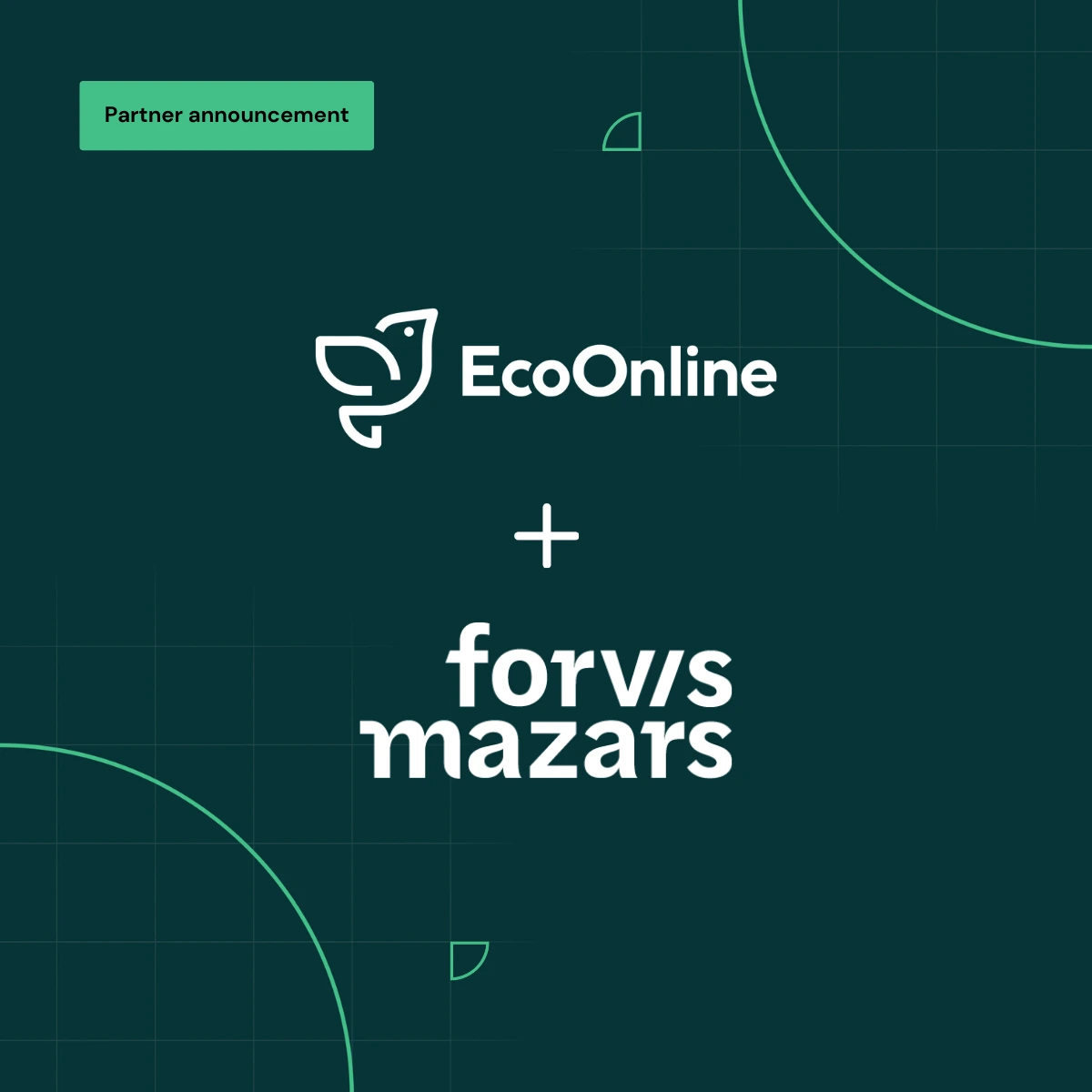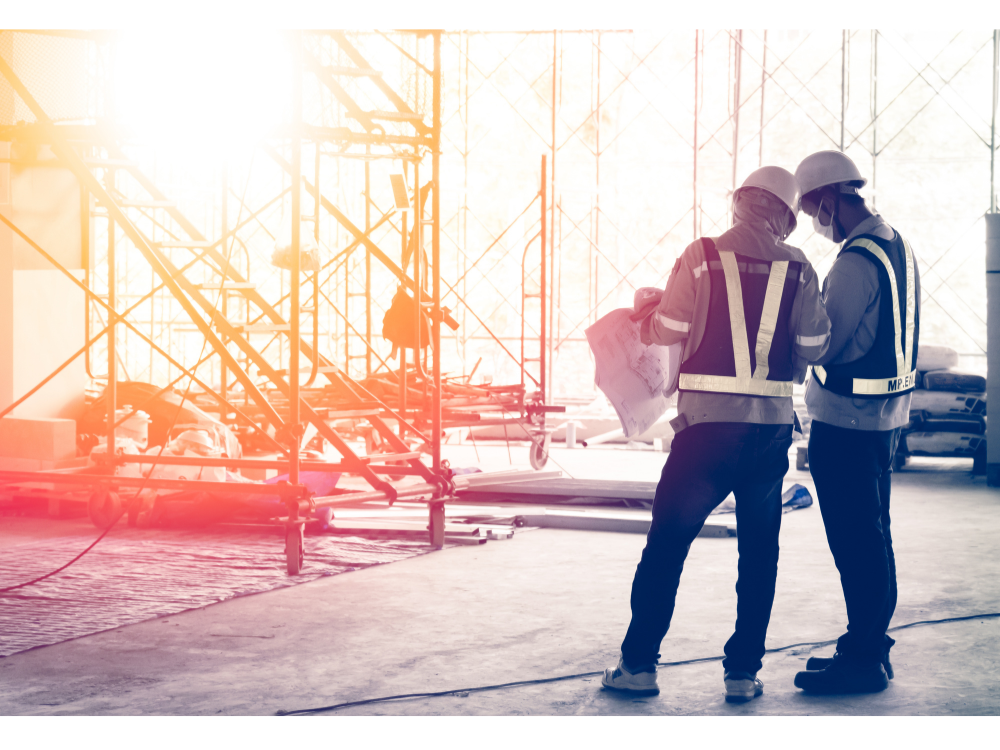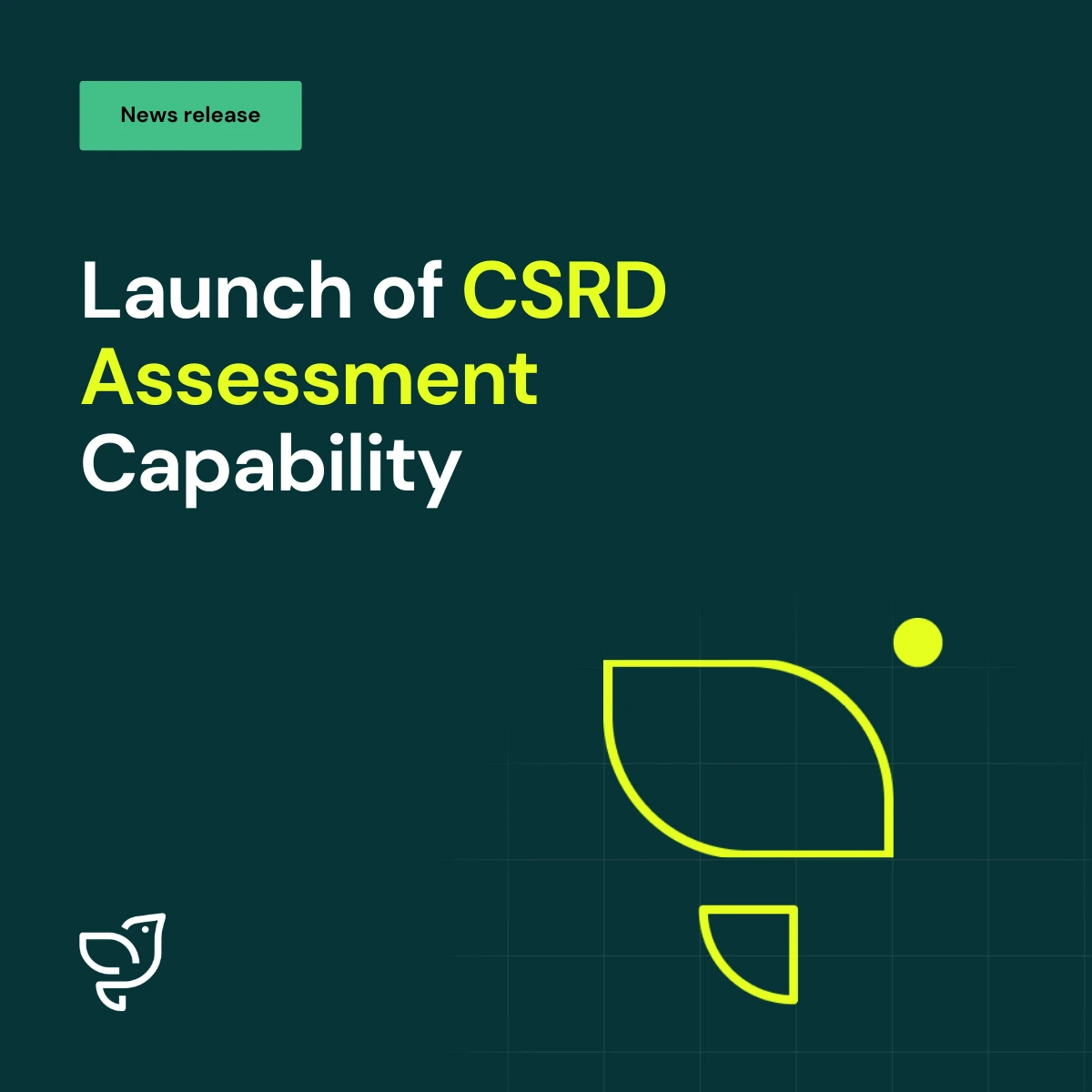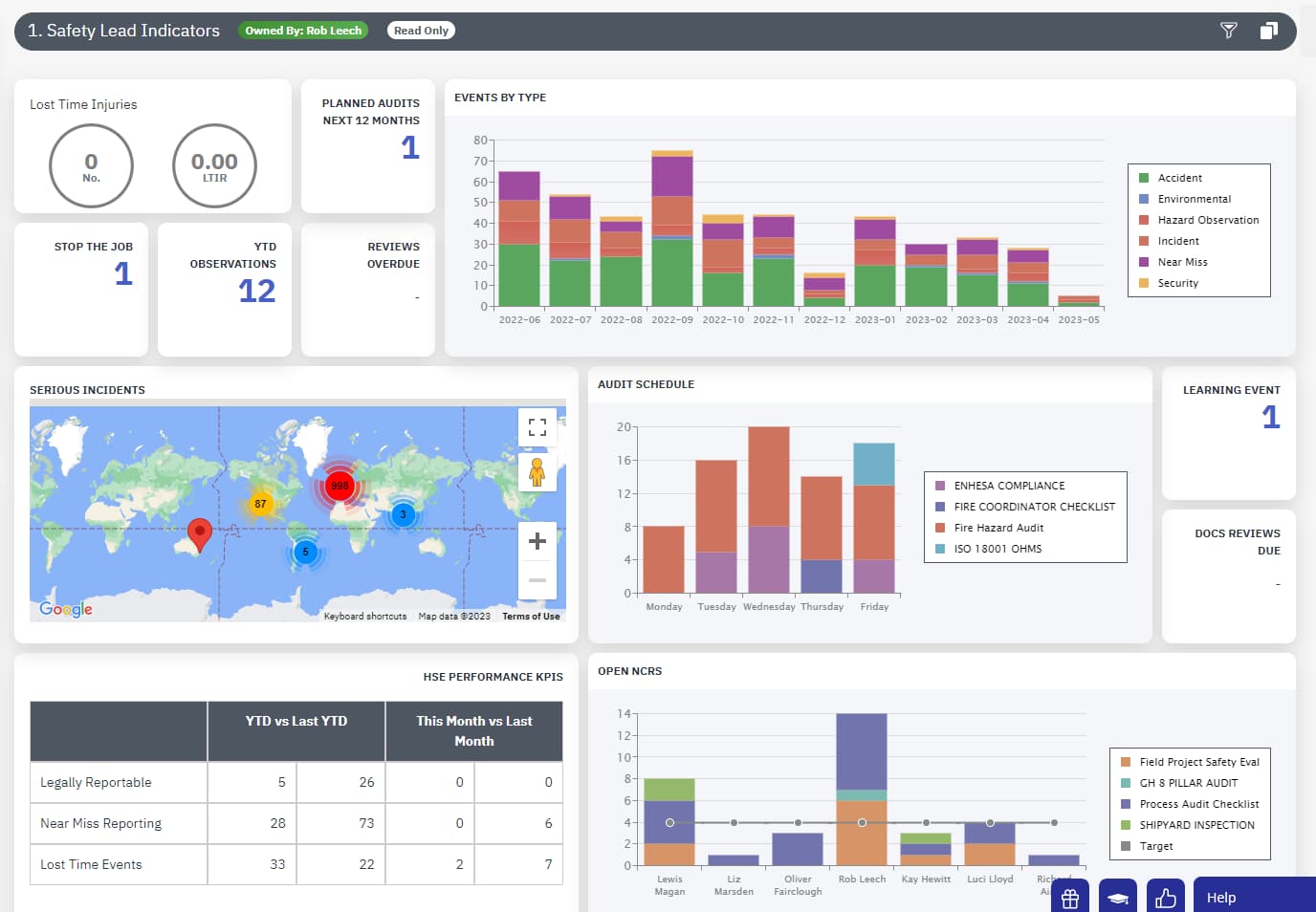Top Health and Safety Risks in Power and Utilities
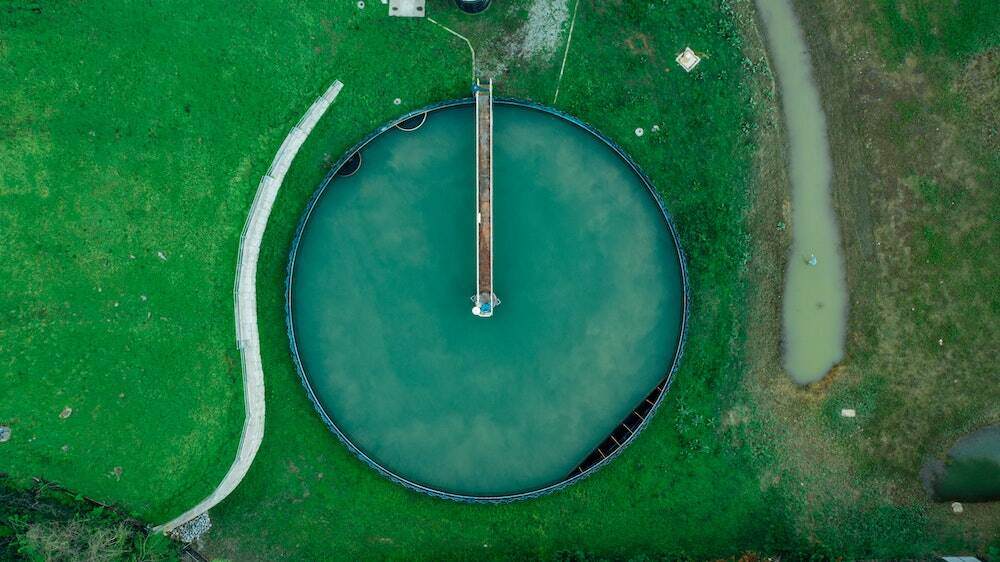
Employees working in power and utilities face a number of workplace risks. With Safe Work reporting over 1,100 serious injury claims in one year alone, here we explore the most common risks your employees face, and how response times can make all the difference when disaster strikes.
Working in power and utilities can be a risky business. Due to the nature of the work, employees can be exposed to some of the most common causes of workplace fatalities in Australia.
Not only can workplace injuries be devastating to the employee and their family, employers also face significant consequences if they are found to be at fault. In the last 12 months, Energy Australia has been fined $1.5 million after a worker died in a fire at a power station and an energy company in Victoria was fined $110,000 after two workers were exposed to toxic acid vapour.
Why can working in power and utilities be so dangerous?
The nature of the job – dealing with electricity, gas, and water – poses many types of risk to employees. Add in unpredictable worksite and weather conditions, operating heavy machinery, and the potential for employee error, it’s not hard to see how accidents can – and do – happen.
Common types of hazards
Large vehicles Bulldozers, front loaders, and cranes, as well as trucks and other large vehicles, can pose a risk to staff when working on-site. Being struck by a moving vehicle is the number one cause of workplace fatalities in Australia, with 80 deaths recorded by Safe Work in 2020.
Slips trips and falls One of the most common hazards faced by workers is slips, trips, and falls, accounting for 40% of all major workplace injuries and costing employers over £500m per year. Common causes of slips, trips, and falls include wet floors, unsuitable footwear, obstructions, poor lighting, and uneven surfaces.
Confined spaces As shown in this recent incident, where three workers were carried along a sewer following the collapse of a 150-year-old sewer gate – working below ground or in confined spaces can be extremely dangerous. If structures are unstable, there is a risk of suffocation, or being crushed if there is a collapse. Working with electricity, water, or sewage further increases the dangers.
Working at height Working at height is common practice across the power and utilities sector, whether this be scaling pylons and towers, inspecting water and gas systems, or operating machinery. Working at height poses the risk of falls – one of the largest causes of fatalities in Australia – if correct measures are not put in place to prevent them.
Electricity Working with electricity significantly increases the chance of electrocution, which could lead to serious injury and even death. Two of the most common causes of workplace electrocution are inadequate or faulty safety gear and contact with overhead power lines.
Dangerous substances Particularly in the gas sector, where the use of dangerous substances is common, workers are susceptible to a range of risks including carbon monoxide poisoning, fires, and explosions.
Water The hazards associated with water infrastructure are often electrical, due to the combination of power and water systems, which together, are extremely volatile. Failure to comply with safety precautions can also lead to workers falling into filtration or water tanks.
Working alone According to the Lone Worker Landscape Report, 68% of companies have experienced an incident involving a lone worker in the past three years, with a fifth of these incidents described as severe or very severe. The report also revealed that organisations in utilities, telco, engineering, and construction experienced the highest level of lone worker incidents.
A lone worker is any employee who spends all or part of their working day out of sight or earshot of colleagues – even if there are others elsewhere on site. If in doubt, ask yourself; would someone know immediately if that person needed help? If the answer is no, that employee is a lone worker.
When working alone, the danger for workers is further heightened, as there is no one to signal for help in an emergency. Due to the high-risk nature of the hazards present within the utility industry, receiving immediate support or medical help could really be the difference between life and death.
The importance of response times in an emergency
Accidents and injuries can happen at work, no matter how stringently you adhere to legislation and guidance.
However, one thing that can have a positive impact in the event of an emergency is reducing response times – especially for those who work alone.
Response times in an emergency can have a significant impact on the outcome for the victim. For example, in the event of a heart attack, you are twice as likely to die if the response time is over 8 minutes, compared to if help is received within 8 minutes of the attack. A long wait time can impact the outcome for injuries too, for example with falls, where a slow response time, or ‘long lie’, can have a greater impact than the fall itself.
One way to reduce the response time for your staff in an emergency is to use a specialist lone worker solution.
The EcoOnline Lone Worker App gives organisations visibility of the location and safety status of lone working staff and allows them to check in safely once they have finished a period of lone working or travelling – or signal for help at any time.
As well as missed welfare checks and panic alerts, Fall Detection feature utilises the phones’ built-in accelerometer technology to raise an automatic alert if an employee suffers a fall.
The cloud-based monitoring hub can be monitored in-house, or outsourced to a 24/7 professional monitoring service (ARC), who will monitor and respond to alerts on your behalf. ARCs are also able to issue a Unique Response Number (URN) which requests a direct response from the emergency services, bypassing the 000 service.
We have extensive experience of working closely with power and utility companies to protect their staff. Find out more about why companies choose EcoOnline.





